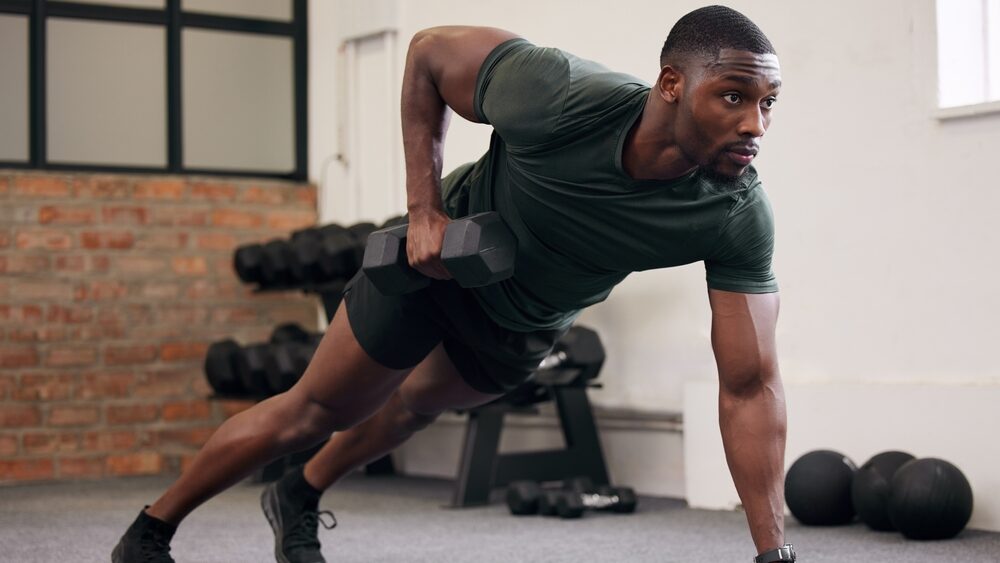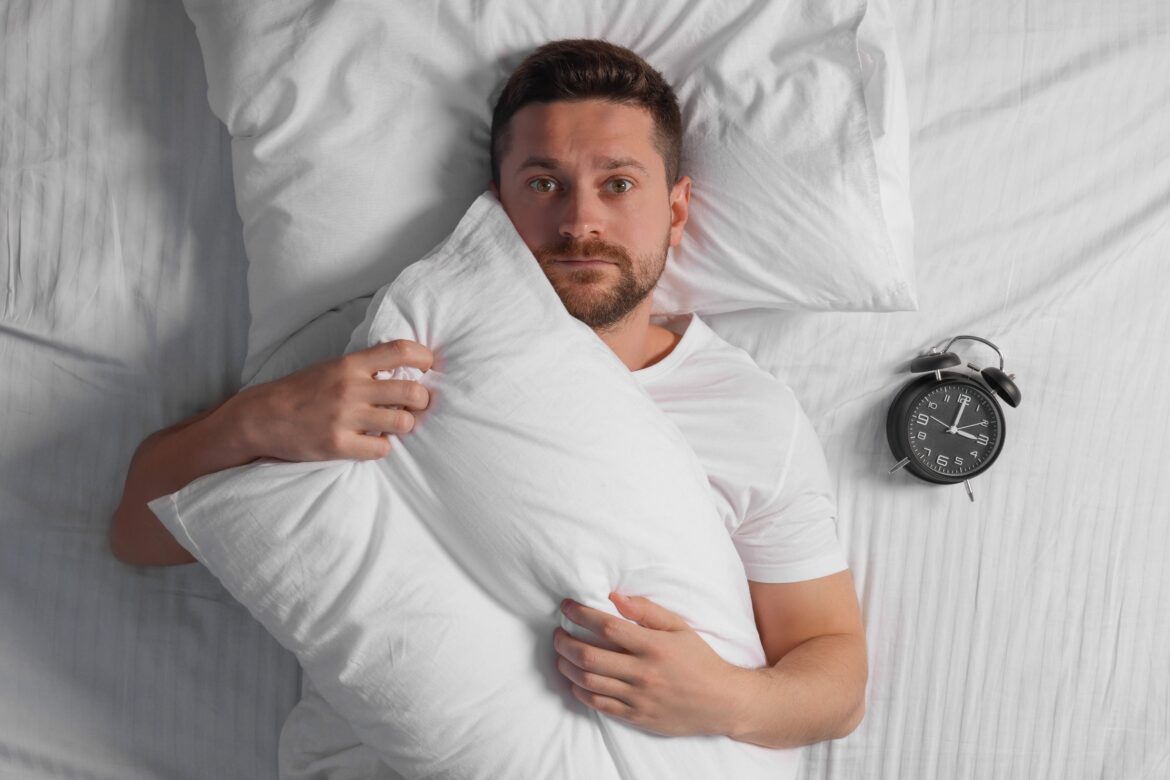Do you lie awake at night, struggling to fall asleep? Insomnia affects millions of people worldwide, making it difficult to function during the day. While many turn to sleep aids or lifestyle changes, new research has discovered that a specific type of exercise can be the key to improving sleep quality.
Strength Training: The Best Exercise for Beating Insomnia
According to a recent study, strength training—also known as resistance training—has been found to be the most effective exercise for improving sleep quality, particularly among older adults. While aerobic exercises and a combination of different workouts can help, strength training stands out for its significant impact on sleep duration and quality.
Why Does Strength Training Improve Sleep?
Engaging in muscle-strengthening exercises offers numerous benefits for sleep. Let’s explore how strength training helps combat insomnia:

1. Reduces Stress and Anxiety
One of the main culprits behind insomnia is stress. Strength training helps lower cortisol levels (the stress hormone) and boosts endorphins, which promote relaxation and reduce anxiety.
2. Enhances Sleep Efficiency
Strength training improves sleep efficiency by increasing deep sleep stages. This means that not only do you fall asleep faster, but you also enjoy more restorative sleep cycles.
3. Balances Hormones
Regular resistance training balances hormones like melatonin and growth hormone, both of which play a crucial role in regulating sleep patterns.
4. Reduces Sleep Latency
Sleep latency is the amount of time it takes for you to fall asleep. Strength training has been shown to shorten this duration, helping you drift off faster at night.
5. Lowers Risk of Sleep Disorders
Studies indicate that individuals who engage in resistance training at least two to three times per week have a lower risk of developing sleep disorders like sleep apnea and restless leg syndrome.
Aerobic Exercise and Combination Workouts: Do They Help?
While strength training leads the way, other forms of exercise also contribute to better sleep:
- Aerobic exercises like walking, jogging, and cycling improve heart health and reduce stress, indirectly promoting restful sleep.
- Combination workouts, which include a mix of aerobic, balance, and flexibility exercises, also help, though not as effectively as resistance training.
How Often Should You Exercise to Improve Sleep?
Experts recommend engaging in at least 2 to 3 sessions of strength training per week, along with some moderate aerobic exercise. Each session should last around 50 minutes for optimal results.
Best Strength Training Exercises for Better Sleep
Here are some effective resistance exercises you can incorporate into your routine:
- Bodyweight Exercises: Push-ups, squats, lunges, and planks
- Weight Lifting: Dumbbell curls, bench presses, and deadlifts
- Resistance Band Workouts: Seated rows, band pull-aparts, and leg presses
- Machine-Based Training: Leg press, lat pulldown, and shoulder press

Tips to Maximize Sleep Benefits from Exercise
To get the most out of your workout routine and improve sleep quality, follow these tips:
- Exercise at the Right Time: Avoid high-intensity workouts close to bedtime, as they may leave you feeling too energized to sleep.
- Stay Consistent: Regular workouts yield the best results, so stick to your schedule.
- Pair with a Healthy Diet: Consuming a balanced diet rich in magnesium and tryptophan can further enhance sleep quality.
- Stay Hydrated: Dehydration can lead to muscle cramps, affecting your ability to fall asleep.
- Practice Relaxation Techniques: Incorporating yoga or meditation alongside strength training can provide additional sleep benefits.
Final Thoughts
If you’ve been struggling with insomnia, incorporating strength training into your routine might be the game-changer you need. This form of exercise is not only effective in improving sleep quality but also enhances overall health and well-being. So, grab those dumbbells and start your journey toward restful nights!
FAQs About Strength Training and Sleep
1. What is the best exercise to improve sleep quality?
Strength training, including weightlifting and bodyweight exercises, has been found to be the most effective exercise for improving sleep quality and reducing insomnia.
2. How often should I do strength training for better sleep?
Experts recommend doing strength training 2 to 3 times per week for the best sleep benefits.
3. Can aerobic exercise help with insomnia?
Yes, aerobic exercises like walking and cycling can help, but they are not as effective as resistance training for improving sleep quality.
4. What time of day is best to exercise for better sleep?
It’s best to exercise in the morning or early evening. Avoid intense workouts close to bedtime, as they can interfere with your ability to fall asleep.
5. Does strength training help with sleep disorders like sleep apnea?
Yes, research suggests that strength training can lower the risk of sleep disorders, including sleep apnea and restless leg syndrome.
6. Can over-exercising cause sleep problems?
Yes, excessive exercise can lead to increased cortisol levels, making it harder to fall asleep. Moderation is key.
By incorporating strength training into your routine, you can enjoy deeper, more restorative sleep. Start today and wake up feeling refreshed every morning!


